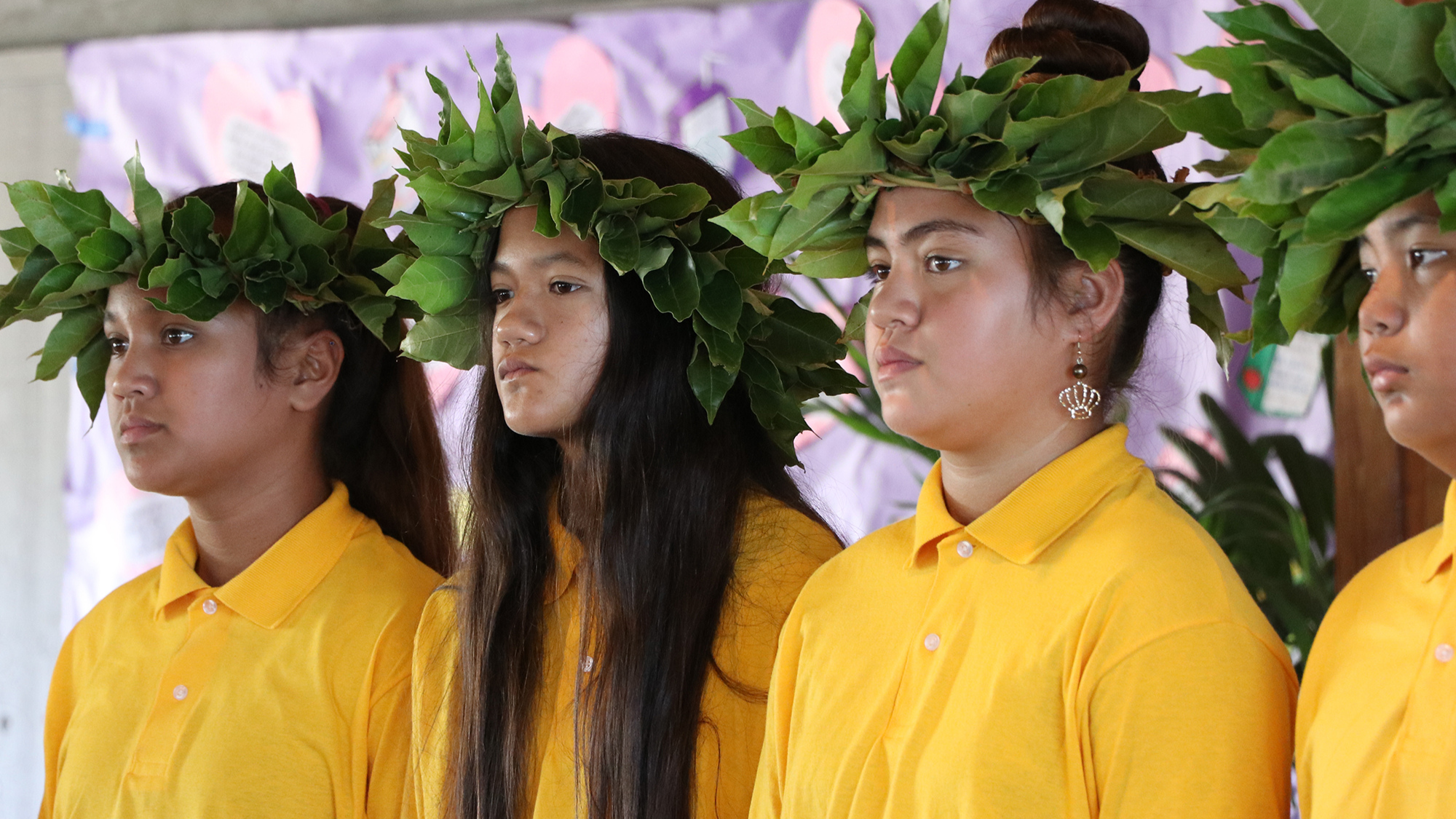HSTA supports representation on the board to fulfill constitutional duty
Posted: March 2, 2022
The state House Committee on Judiciary and Hawaiian Affairs advanced a bill last week that would require one of the at-large members of the Board of Education be an expert on Hawaiian language immersion.
The Hawaii State Teachers Association testified in support of House Bill 1986, HD1. According to HSTA President Osa Tui, Jr., the requirement helps the state fulfill Article X, Section 4 of the state constitution:
“The State shall promote the study of Hawaiian culture, history and language. The State shall provide for a Hawaiian education program consisting of language, culture and history in the public schools. The use of community expertise shall be encouraged as a suitable and essential means in furtherance of the Hawaiian education program.”
Tui noted via written testimony that “in order to better promote the study of Hawaiian culture, history, and language in public schools, as required by the state constitution, there must be some representation of the Hawaiian community on the Board of Education.”
Tui added, “Due to the high presence of Native Hawaiian students in the public school system, it is imperative that the State guarantee appropriate representation on the Board of Education to fulfill its constitutional duty to promote Hawaiian studies and the Hawaiian language and to provide a voice for Native Hawaiian students, teachers, and faculty.”
Concerns with the requirement
The measure received 10 ayes. Two more lawmakers voted yes with reservations, voicing concern that the change might open the door to other requirements of Board of Education members, such as expertise in subjects like math and social studies.
HSTA Teacher Lobbyist Laverne Moore, a special education teacher at McKinley High School, responded that the difference lies in the constitution.
Moore told lawmakers, “I grew up when it was illegal to speak Hawaiian, and to have a Hawaiian expert on the Board of Education to me is highly necessary. You need the expert to guide the Department of Education.
“It’s time that we honor the constitution that says Hawaiian and English are the native languages of Hawaii,” Moore added. “And in my opinion, as someone who missed out on learning my language, this is the opportunity we give to our children in Hawaii, and the parents who (are) so wanting their children to learn the history and culture of being Native Hawaiian. It’s key. This is our homeland.”
Lawmakers amend measure for nominee submissions
HB1986, HD1 originally called for a list of nominees to be submitted by ʻAha Kauleo, a statewide council that represents 27 Kula Kaiapuni ʻŌlelo Hawaiʻi (Hawaiian language immersion schools), community organizations and university partners, and advises the Hawaii State Department of Education’s Office of Hawaiian Education.
Kananinohea Makaimoku, ʻAha Kauleo vice chair, expressed the importance of having a kaiapuni, or Hawaiian language immersion, perspective take part in decision-making. “Kaiapuni is very unique and very different. There’s also not a lot written about it,” she said. “So we feel that it’s not enough to be a scholar, a Hawaiian scholar, or cultural practitioner. They really have to have that kaiapuni insight.”
The committee amended the bill so that the House speaker, Senate president, and Office of Hawaiian Affairs would each nominate one person for a total of three names to be transmitted to the governor for review and appointment.
The measure next goes to the full House floor for a vote and, if passed, will cross over to the Senate for a similar review process. All bills are subject to amendment and change, and the final outcome will not be clear unless and until lawmakers pass the bill in some form and it becomes law with or without the governor’s signature.

